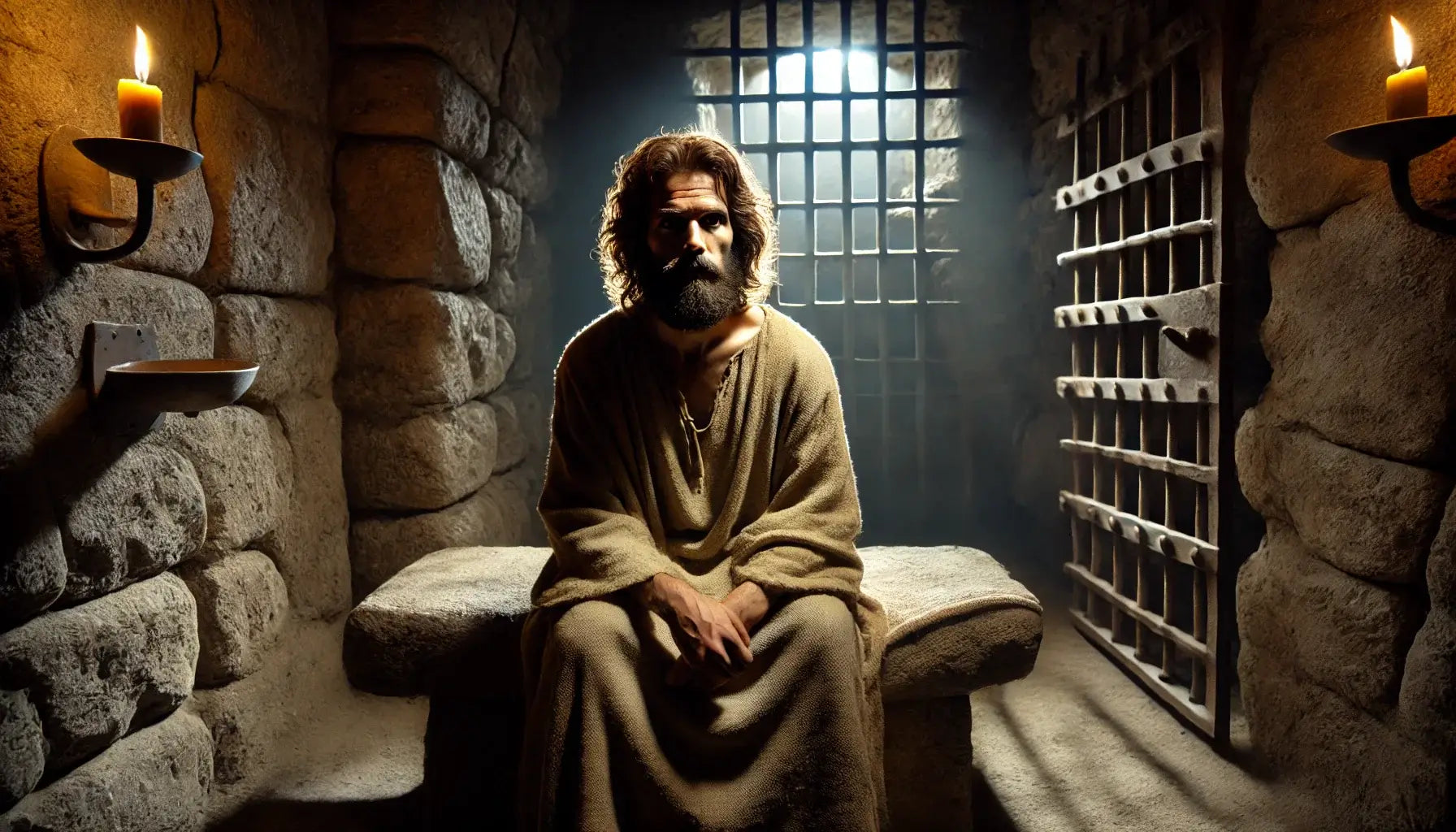John the Baptist is one of the most prominent figures in the New Testament. Known for his fiery preaching, call to repentance, and his role in baptizing Jesus, John’s life came to a tragic and untimely end. The Bible recounts the details of his death, shedding light on the people responsible and the circumstances that led to his execution.
The Events Leading to John’s Death
The story of John the Baptist's death is primarily found in Matthew 14:1-12 and Mark 6:14-29. These passages provide a detailed account of how John came to be imprisoned and later executed by order of King Herod Antipas.
John was arrested because he publicly condemned Herod's marriage to Herodias, who had previously been married to Herod's brother, Philip. According to Jewish law, this relationship was considered sinful, and John boldly spoke out against it. This boldness, however, angered Herodias, who bore a grudge against John and sought his death.
Mark 6:18-19 (ESV) explains:
“For John had been saying to Herod, ‘It is not lawful for you to have your brother's wife.’ And Herodias had a grudge against him and wanted to put him to death. But she could not.”
The Role of Herod Antipas
Herod Antipas, the ruler of Galilee and Perea, is depicted as a conflicted man in the Gospels. While he imprisoned John, Herod did not initially want to kill him. He feared John, recognizing him as a righteous and holy man. Mark 6:20 reveals that Herod even enjoyed listening to John despite being disturbed by his words.
Mark 6:20 (ESV) states:
“For Herod feared John, knowing that he was a righteous and holy man, and he kept him safe. When he heard him, he was greatly perplexed, and yet he heard him gladly.”
However, Herod’s fear of losing face among his guests and his weak resolve ultimately led to John’s execution.
The Role of Herodias and Her Daughter
Herodias played a central role in John's death. Her hatred for John grew because of his public denouncement of her marriage. Though she could not kill him outright due to Herod’s hesitation, she saw her opportunity during Herod's birthday celebration.
At the banquet, Herodias’ daughter, often identified as Salome in historical texts (though the Bible does not name her), danced before Herod and his guests. Herod was so pleased by her performance that he rashly promised to give her anything she asked, up to half his kingdom.
Prompted by her mother, the daughter asked for John the Baptist’s head on a platter. Though distressed by the request, Herod felt compelled to fulfill it because of his oath and the presence of his guests.
Matthew 14:8-9 (ESV) describes this moment:
“Prompted by her mother, she said, ‘Give me the head of John the Baptist here on a platter.’ And the king was sorry, but because of his oaths and his guests, he commanded it to be given.”
John’s Death and Its Aftermath
John the Baptist was beheaded in prison, and his head was brought to the banquet on a platter. His disciples came, took his body, and buried it. They then went to inform Jesus about what had happened.
This event had a profound impact on Jesus and His ministry. The death of John, His forerunner, was a stark reminder of the hostility and danger Jesus Himself would face. It also marked a turning point in the narrative of the Gospels, as Jesus began to withdraw and focus more on teaching His disciples.
Key Takeaways
-
Who killed John the Baptist?
- Herod Antipas ordered John’s execution, but the plotting of Herodias and her daughter directly led to his death.
-
Why was John killed?
- John’s bold condemnation of Herod’s unlawful marriage angered Herodias. Herod, though reluctant, was pressured by his oath and guests.
Lessons from John’s Death:
- The Cost of Speaking Truth: John’s unwavering commitment to truth, even in the face of powerful opposition, reminds us of the courage required to stand for righteousness.
- The Danger of Rash Promises: Herod’s impulsive vow highlights the consequences of speaking without thinking.
- The Influence of Evil Intentions: Herodias' grudge shows how unchecked bitterness can lead to destructive actions.
John the Baptist’s life and death continue to inspire Christians today. His dedication to preparing the way for Jesus and his courage in confronting sin reminds us of the importance of faithfulness, even in the face of persecution.
























